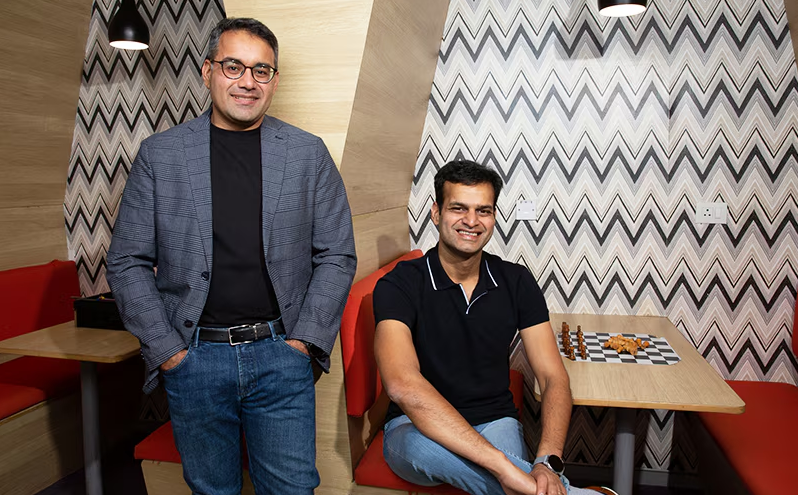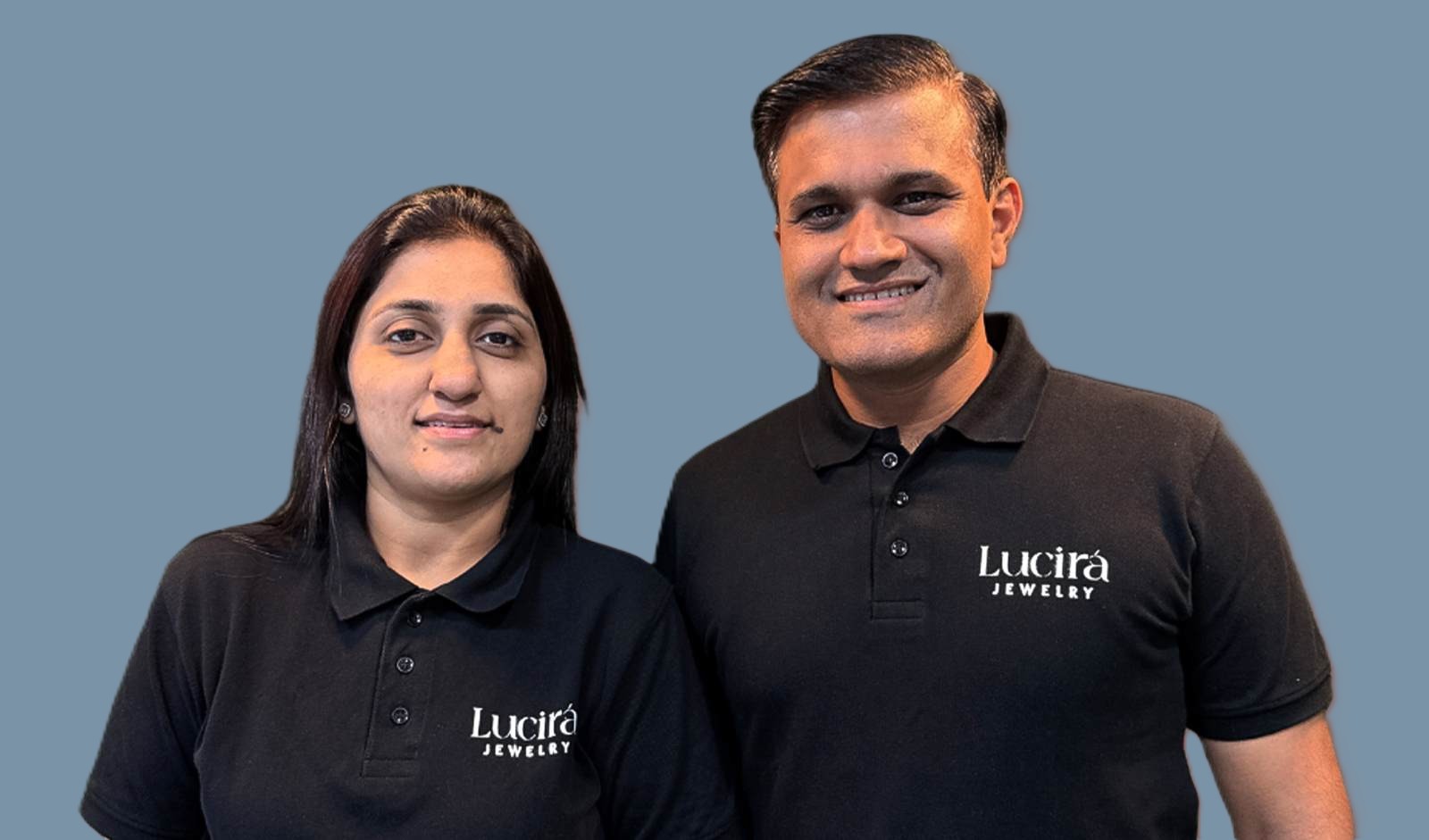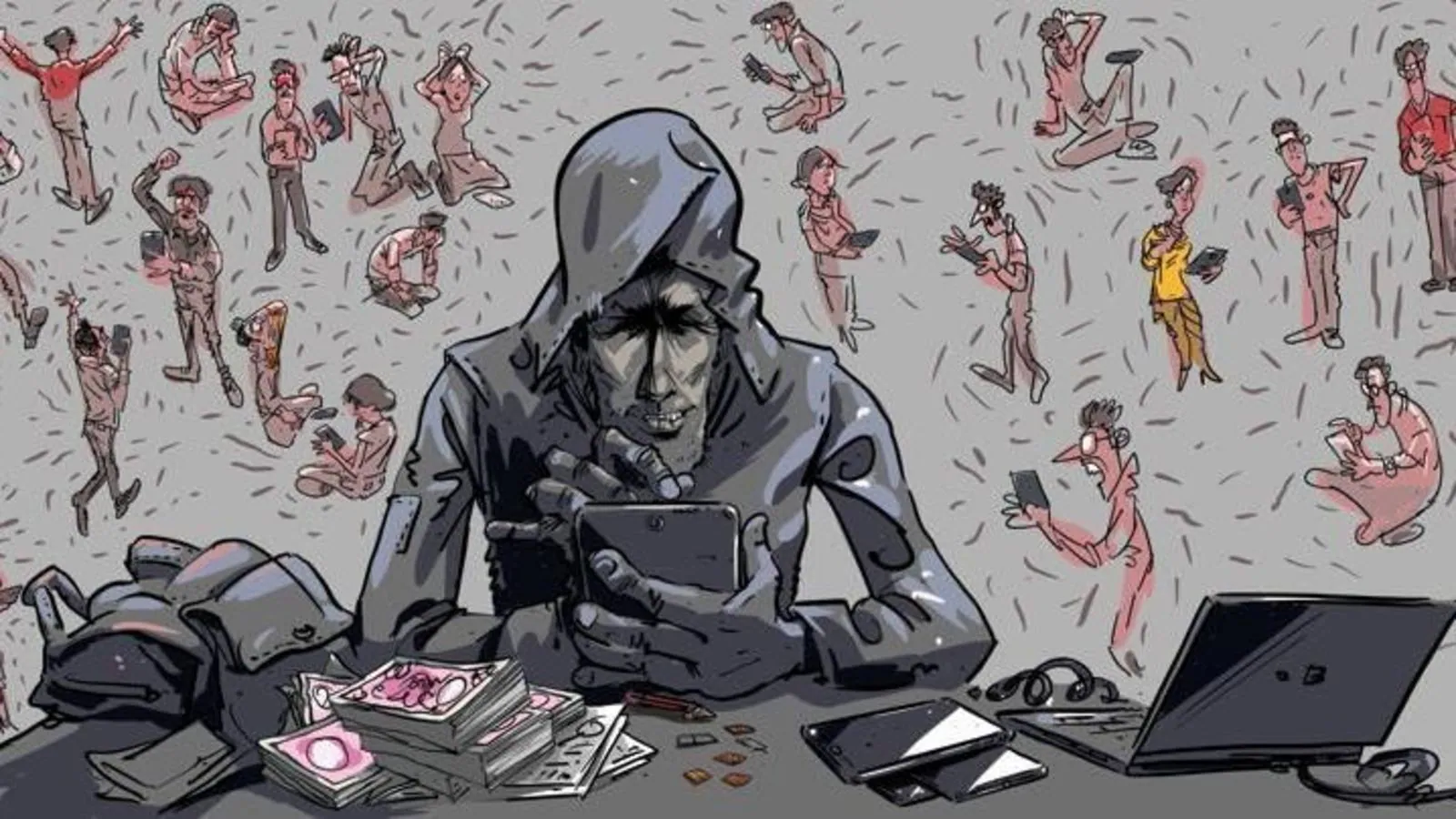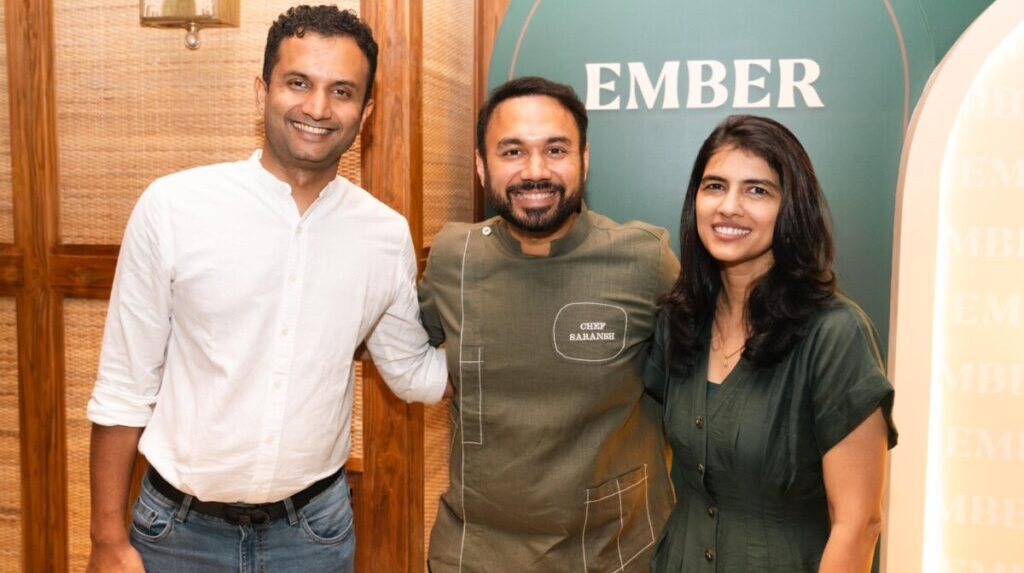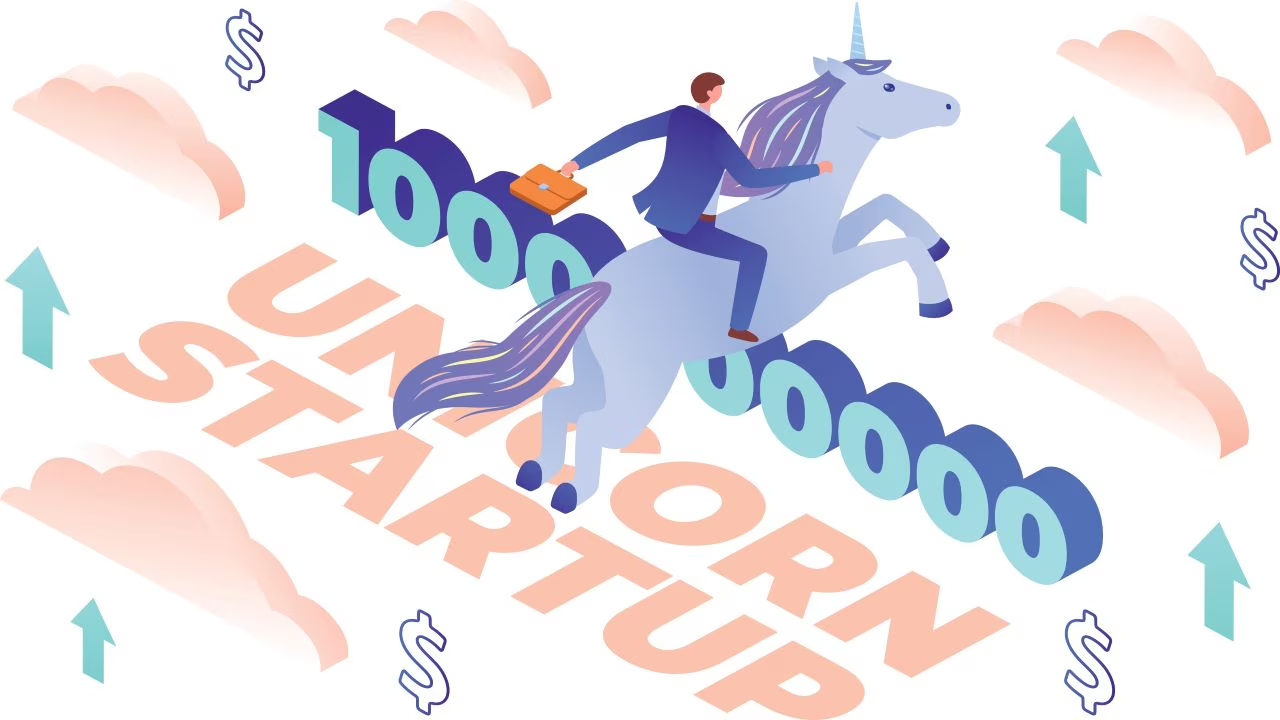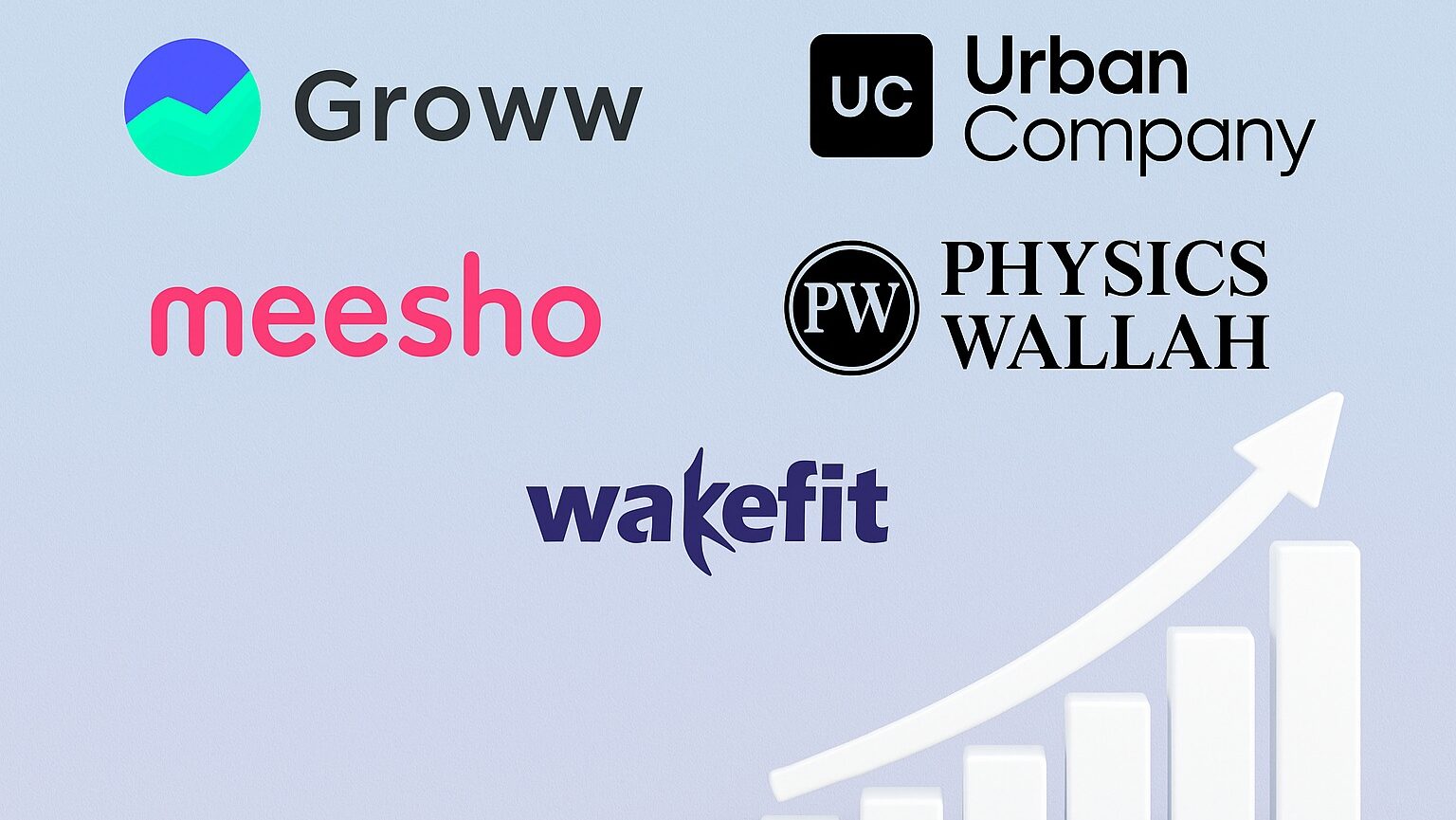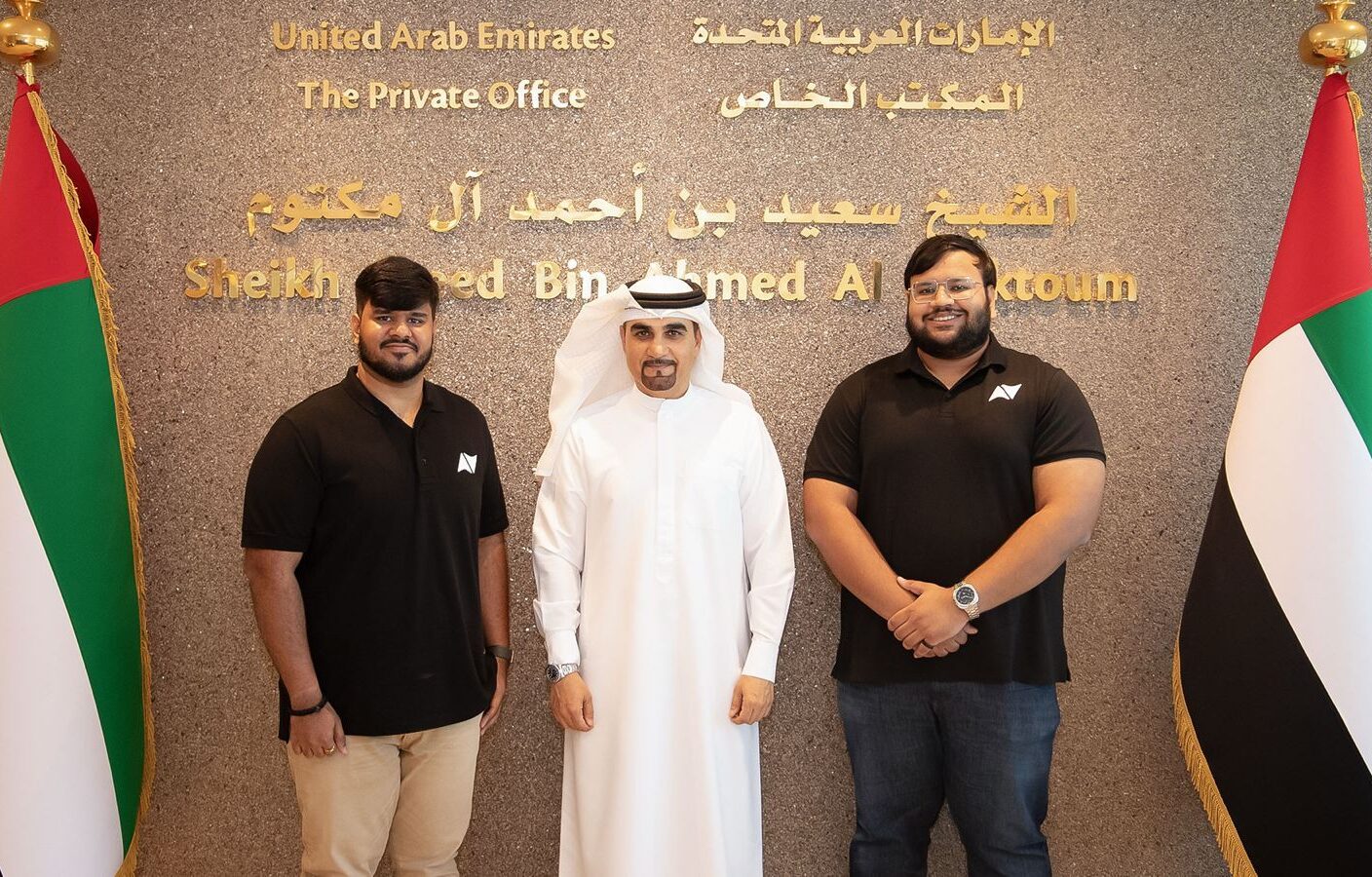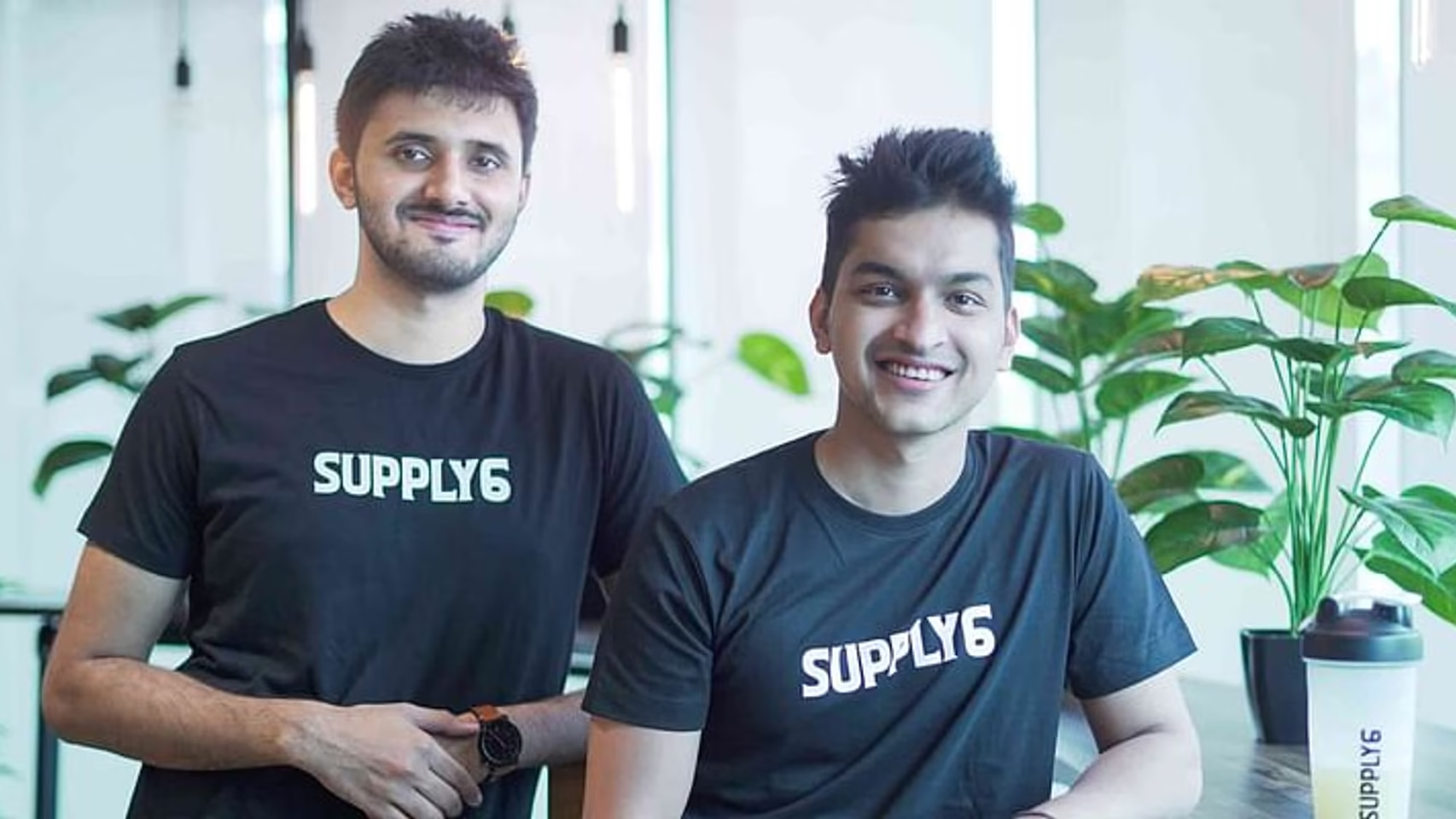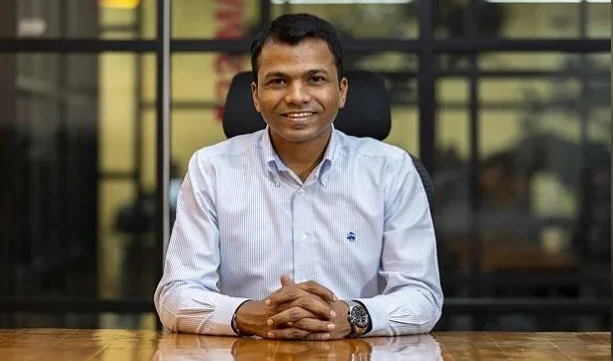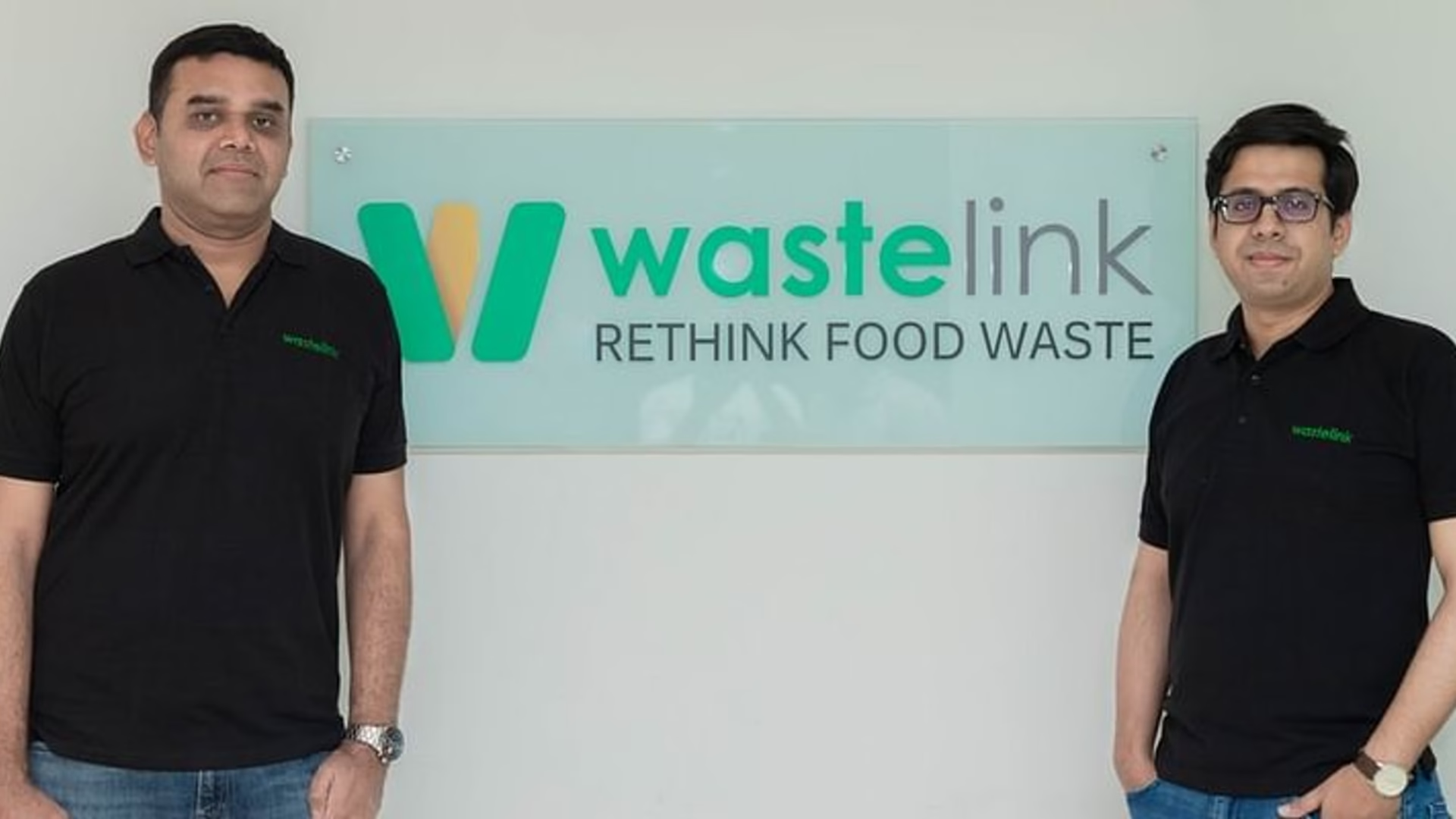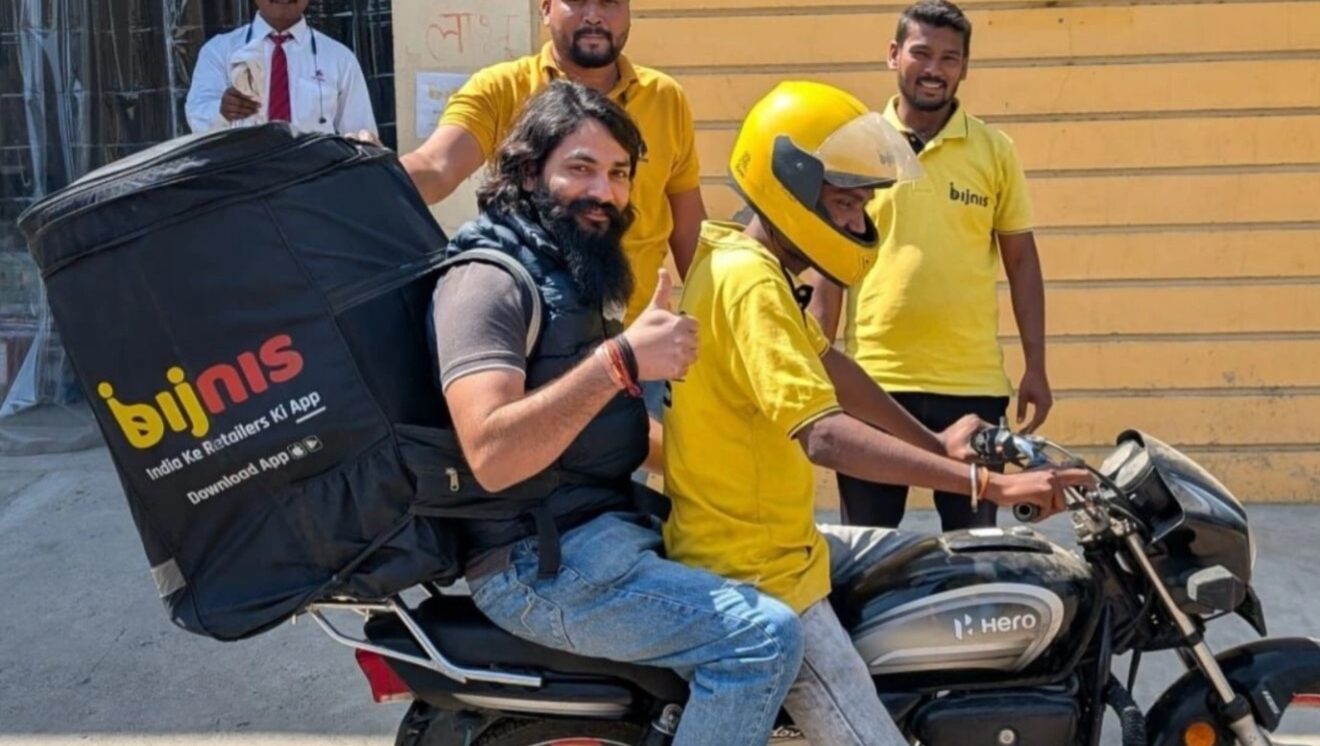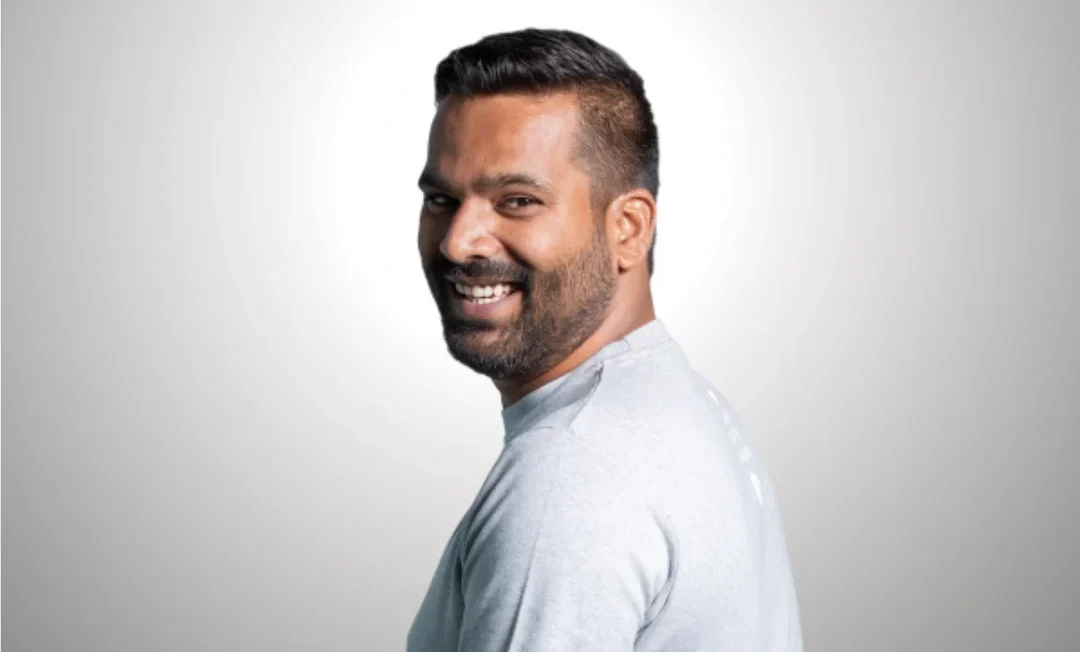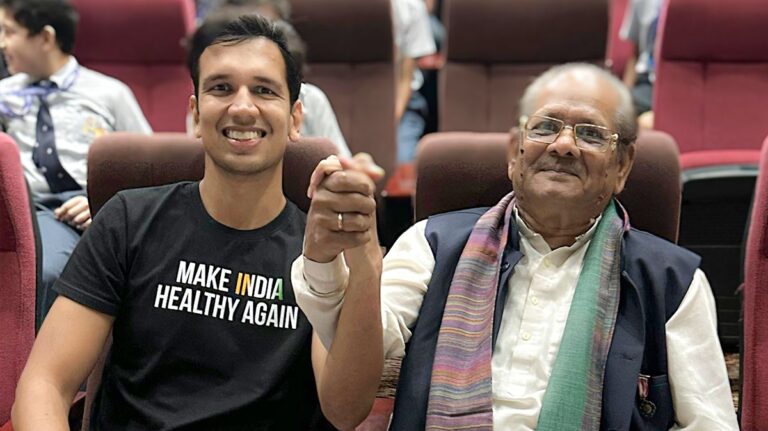Entrepreneurship is often seen as a test of resilience and business acumen, but it can also be a litmus test for friendship. Conventional wisdom warns against mixing friends and business, yet India’s startup ecosystem has flipped that notion on its head. This Friendship Day 2025, we pay tribute to five successful Indian startups that were founded on the bonds of friendship.
These stories, spanning e-commerce, ride-hailing, food tech, e-marketplaces, and travel, show how trust, shared passion, and camaraderie between friends became a driving force in building and growing their ventures.
Each of the following sections spotlights a startup co-founded by friends, highlighting how their personal bond played a role in the company’s journey from humble beginnings to success. From college classmates-turned-cofounders to childhood pals fulfilling a shared dream, these founders prove that friendship can be the secret ingredient in business.
Flipkart: Friends Who Transformed Indian E-commerce
In 2007, two young engineers from Chandigarh, Sachin Bansal and Binny Bansal (unrelated despite the common surname), dared to leave their steady jobs and start an online bookstore out of a Bangalore apartment.

The pair had much in common: both studied at IIT-Delhi and ended up as colleagues and friends, on the same team at Amazon’s India office. It was during coffee breaks and brainstorming sessions at Amazon that their entrepreneurial dream was kindled, and Flipkart was born soon after.
Their friendship meant they shared not only a vision but also deep trust in each other’s abilities. This trust was crucial in the scrappy early days of Flipkart, when Sachin and Binny personally packed and delivered the first orders, even ferrying books on their scooters across Bangalore to satisfy customers.
What started as two friends hustling to sell books grew into India’s largest e-commerce company within a decade. Flipkart’s founders leveraged their camaraderie to weather challenges, from ten days without a single order in the beginning to the breakneck growth that followed.
Over the years, the Bansals’ complementary skills (Sachin as the strategist CEO and Binny as the operations whiz) and their united focus on customer service helped Flipkart pioneer innovations like cash-on-delivery for Indian shoppers.
Their bond kept the leadership strong through ups and downs, ultimately leading to Flipkart’s $16 billion valuation in 2018 when Walmart acquired a 77% stake, one of the world’s largest internet deals. This friendship-forged venture not only revolutionized how Indians shop but also inspired countless other friend-founded startups.
Ola Cabs: College Batchmates Driving Change Together
The story of Ola Cabs began with two IIT Bombay batchmates, Bhavish Aggarwal and Ankit Bhati, turning a shared problem into an opportunity. In 2010, Bhavish, frustrated by a bad experience during a road trip, started a small online tour planning service.

When that initial idea struggled, he pivoted to focus on taxi-hailing in late 2010, laying the foundation for what we now know as Ola. Crucially, Bhavish’s college friend Ankit, a talented coder and fellow travel enthusiast, soon joined him as co-founder to build the technology behind the platform. Their friendship meant they already had a rapport and a balance of skills: Bhavish handled the business hustle while Ankit developed the app and backend.
With two friends in charge, Ola quickly grew from a one-city pilot to India’s top ride-hailing player. Bhavish and Ankit’s trust in each other enabled them to take big risks, like moving into new cities and services without the fear of not having someone to back them.
From long hours spent debugging the app to strategizing driver incentives over chai, the duo’s camaraderie kept morale high in tough times. Today, Ola operates in hundreds of cities and has ventured into electric vehicles and mobility tech, but it all started with a bond forged in college. On this Friendship Day, Ola stands as a testament to how two friends with a common vision can steer an idea to nationwide impact, one ride at a time.
Zomato: From Office Buddies to Foodtech Pioneers
Long before Zomato became a household name for food delivery, it was an idea shared between two friends over office lunch breaks. Deepinder Goyal and Pankaj Chaddah met as colleagues at Bain & Company in New Delhi and quickly struck up a friendship.

Both IIT-Delhi graduates with a shared love of food, they noticed how hard it was for coworkers to find restaurant menus. In 2008, the friends started a simple website called FoodieBay to upload menu PDFs, working on it at nights and weekends while keeping their day jobs. Their bond made this moonlighting possible, they trusted each other to split tasks and stay motivated after long workdays.
As the site gained traction in Delhi, Deepinder’s wife’s income provided a safety net that allowed him to quit his job and focus full-time on the venture, with Pankaj following suit soon after. This level of coordination and mutual support exemplified how friendship eased the leap into entrepreneurship.
By 2010, FoodieBay rebranded as Zomato, and the two friends were fully devoted to turning it into a world-class platform. Their complementary strengths, Deepinder’s product vision and Pankaj’s operational savvy, helped Zomato expand rapidly. Over the next few years, the company evolved from a menu directory to a food delivery giant operating in hundreds of cities, all while preserving the close-knit culture the friends had envisioned.
Zomato became one of India’s first unicorns in the sector and eventually went public, but its foundation was the friendship that started it all. Deepinder and Pankaj showed that when friends share a passion (in this case, great food and tech solutions), they can build something that changes how a nation dines – without losing the camaraderie that sparked the idea.
Snapdeal: Childhood Friends Fulfilling a Shared Dream
For Snapdeal co-founders Kunal Bahl and Rohit Bansal, the seeds of entrepreneurship were planted back in their school days. The two were childhood friends who went to the same school in Delhi, bonding over big dreams even as teenagers.

They studied for the IIT entrance exam together, Rohit made it into IIT Delhi, while Kunal went to the U.S. for college and despite diverging paths, they stayed in touch. In 2008, the old friends reunited in India, determined to fulfill the dream they’d nurtured as kids: running a business together.
Their first venture was a short-lived offline idea (even experimenting with selling coupons door-to-door), but by February 2010 they launched Snapdeal as an online deals platform. That friendship-forged trust was key in those early pivots, they could be frank with each other about what wasn’t working and bold in switching strategies, knowing their partnership was solid.
Snapdeal soon grew into one of India’s prominent e-commerce marketplaces. As co-founders, Kunal and Rohit navigated fierce competition in the e-commerce boom, from raising funds to facing off against larger rivals, all the while leaning on their long-standing friendship.
During the company’s highs, rapid user growth, big-ticket investments and lows, a failed merger and restructuring, the duo’s personal bond acted as a stabilizing force. Their shared background and values kept them aligned on Snapdeal’s mission to empower small businesses and consumers online.
Today, Snapdeal remains a major online shopping platform, focused on India’s value-conscious shoppers, and its origin story exemplifies how a childhood friendship can mature into a resilient business partnership. Kunal and Rohit’s journey shows that when friends dream together, they can build ventures that defy the odds, anchored by a mutual commitment formed decades ago.
redBus: Three Roommates on a Life-Changing Journey
Sometimes, it takes a missed bus to kickstart a great idea. In 2005, Phanindra “Phani” Sama was an engineer in Bangalore who couldn’t get a bus ticket home to Hyderabad for Diwali. Frustrated by how disorganised bus bookings were, Phani envisioned an online solution.

He didn’t embark on this journey alone, he turned to two close college friends from his BITS Pilani days, Charan Padmaraju and Sudhakar Pasupunuri. The three were batchmates who had even shared an apartment as young professionals, so when Phani pitched the idea of building a bus-ticketing service, his friends were immediately on board. In August 2006, the trio quit their well-paid jobs, pooled their savings, and founded redBus.
Their friendship formed the startup’s bedrock: they divvied up responsibilities based on trust in each other’s strengths, and when one co-founder felt unsure, the other two’s encouragement kept the momentum going. The easy rapport from years of camaraderie made countless late-night brainstorming sessions and coding sprints feel less like work and more like a shared mission.
redBus began as a humble website to check bus seat availability, but with three determined friends at the helm, it quickly evolved into India’s leading online bus ticketing platform. The co-founders’ bond helped them persist through early skepticism from bus operators and agents, a united front of friends convincing industry veterans to embrace technology.
In time, redBus revolutionized an entire sector, bringing transparency and convenience to millions of travelers. By 2013, the friends saw their creation acquired by the Ibibo Group in a deal reportedly around $100–$140 million, a landmark exit for an Indian startup. Today, redBus remains synonymous with bus travel booking, operating under the MakeMyTrip umbrella, and the three founders are often celebrated for their teamwork. Their story underscores that friends who dare to solve a problem together can “not miss the bus” on success, in fact, they can drive lasting change fueled by their friendship.
Friendship Day 2025 and The Power of Friendship in Business
These five stories highlight a common theme: friendship can be a powerful catalyst in business success. Whether it’s college classmates pooling their talents or childhood buddies trusting each other with a lifelong dream, friends-turned-founders often bring out the best in one another.
The understanding and loyalty built over years can translate into a rock-solid co-founding team that navigates crises and tough decisions with unity. As seen with Flipkart, Ola, Zomato, Snapdeal, and redBus, having a friend by your side can make the startup rollercoaster a bit less daunting and a lot more rewarding.
They’re not alone, many other Indian ventures, from fintech unicorn Razorpay (launched by IIT-Roorkee friends Harshil Mathur and Shashank Kumar) to social media platform ShareChat (founded by three IIT-Kanpur buddies in their dorm room), trace their roots to friendship.
This Friendship Day, the success of these startups serves as an inspiring reminder that friends who start up together, stay together. Their journeys show that while funding, timing, and strategy are vital in a startup’s growth, the bond between founders can be the X-factor that propels an idea into an enduring enterprise.
In celebrating the friendship behind these ventures, we celebrate the idea that trust, mutual respect, and shared enthusiasm, the hallmarks of true friendship are also the makings of great businesses. Friendship, it turns out, isn’t just a feel-good footnote in these stories; it’s a driving force that helped shape startup history.
And as these founders have shown, when friends unite to pursue a vision, business and bonds can grow stronger together.
Also Read: How Brands Are Love-Bombing You on Valentine’s Day









